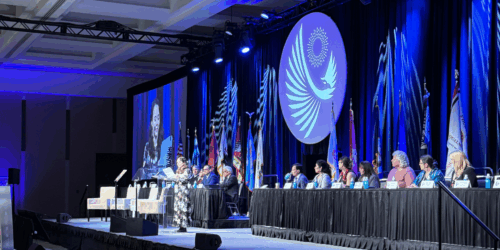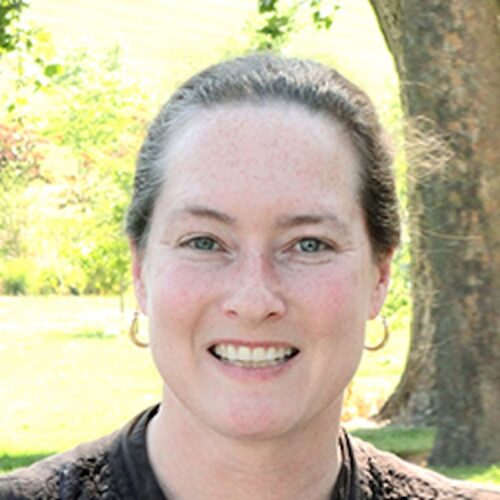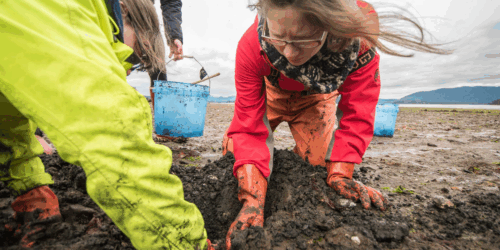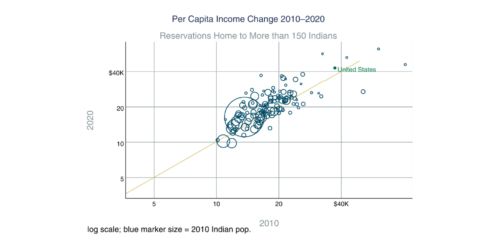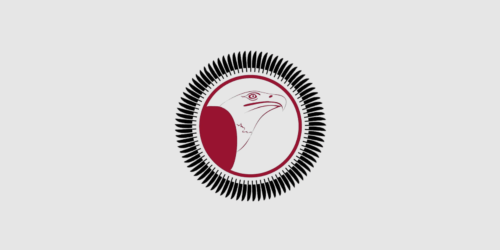A new paper from a research team at the Harvard Kennedy School explores Indigenous conservation practices, finding that Indigenous peoples are achieving equal or superior conservation outcomes across the globe and calling on policymakers, funders, and conservation leaders to support Indigenous-led stewardship as a key strategy to combat biodiversity loss and climate change.
The research warns against “conservation at any cost,” a flawed approach that continues the historical displacement of Indigenous peoples from their ancestral lands and waters. Instead, the report demonstrates that Indigenous nations are not barriers to conservation but experts whose stewardship protects biodiversity, sustains ecosystems, and strengthens climate resilience.
Drawing on a decade of peer-reviewed scholarship, the report documents Indigenous conservation successes across the world. Findings show that Indigenous approaches have curbed deforestation, increased fish biomass, safeguarded vulnerable species, and reduced wildfire risks—results that meet or exceed mainstream conservation targets.
“Our study shows that Indigenous peoples are leaders in conservation, not obstacles to it,” said the researchers with the Harvard Project. “Philanthropists, governments, and NGOs could accelerate global progress by standing behind Indigenous communities whose knowledge and practices are already producing proven results.”
Among the study’s key findings:
- Superior outcomes: In a majority of documented cases, Indigenous conservation outperformed
other approaches in biodiversity maintenance, forest protection, and ecosystem restoration.
- Global scope: Peer-reviewed studies highlight Indigenous-led successes across multiple
continents, underscoring the universal value of Indigenous stewardship.
- Diverse practices: Indigenous conservation strategies include sustainable farming, controlled
burning, resource use limits, and active restoration, rooted in ancestral knowledge and cultural
responsibility.
The report emphasizes that supporting Indigenous self-determination and rights is both an ethical imperative and a practical necessity for addressing the planet’s ecological crises.
Miriam Jorgensen is Research Director for the Harvard Project on Indigenous Governance and Development and its sister program, the Native Nations Institute at the University of Arizona.
The views expressed in this article are those of the author alone and do not necessarily represent the positions of the Ash Center or its affiliates.
